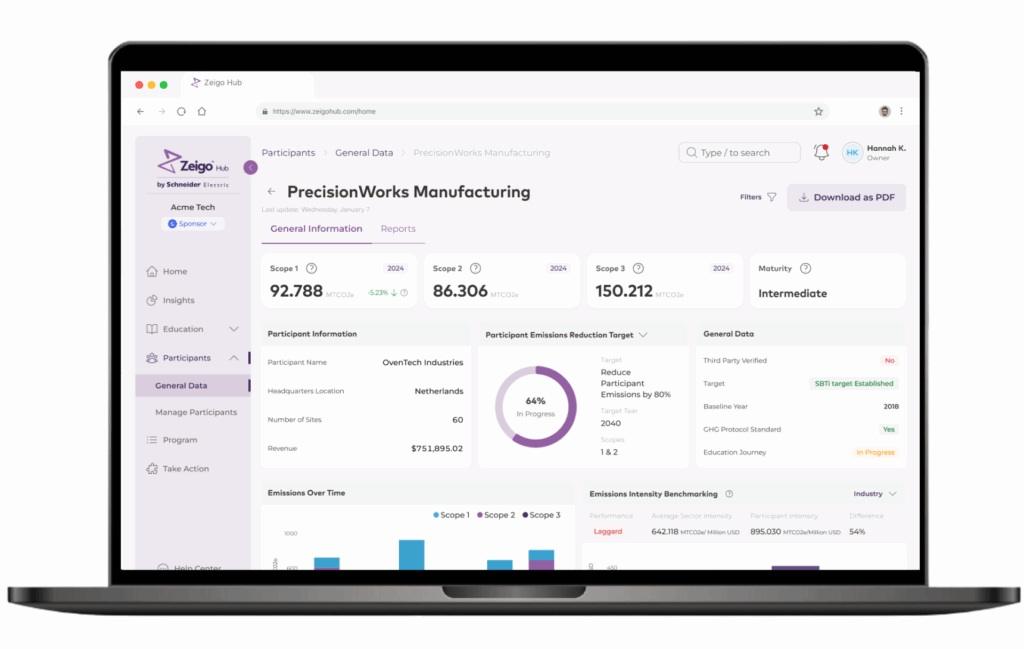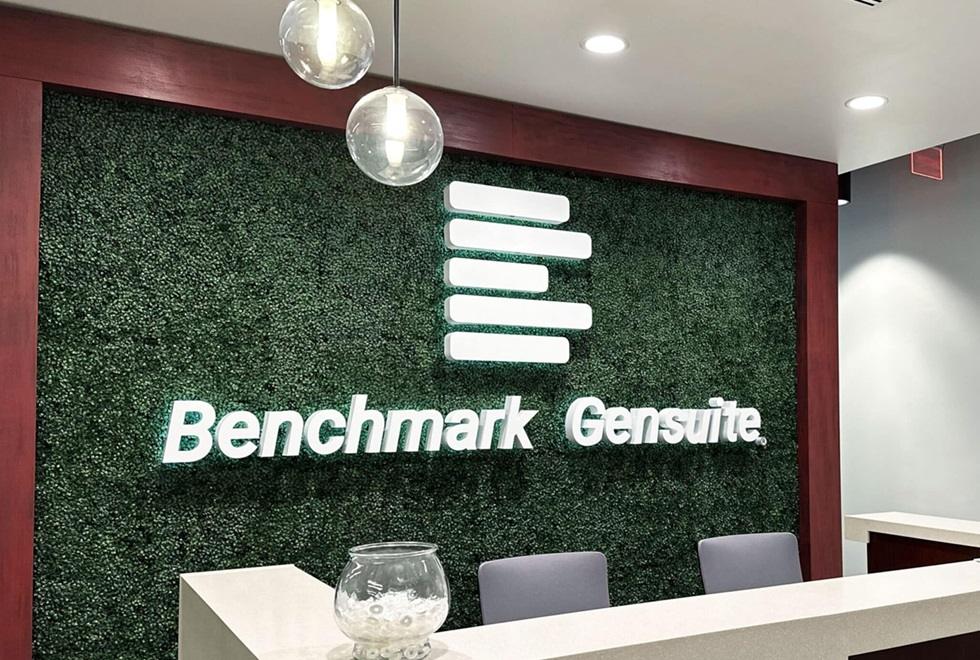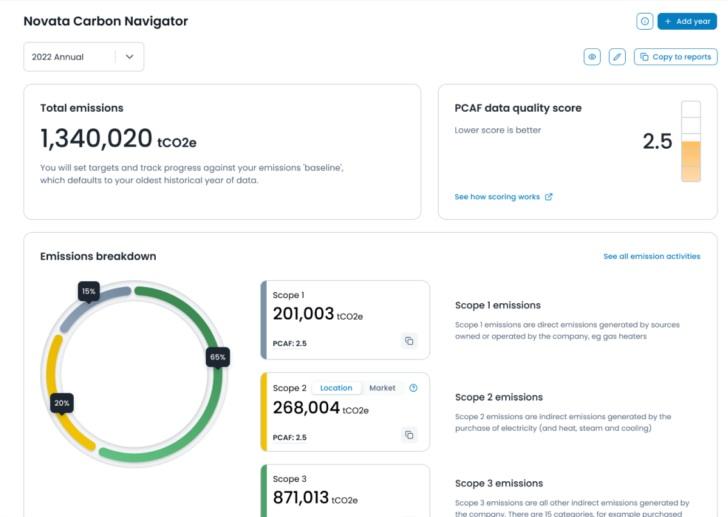Schneider Electric Launches New Supply Chain Decarbonization Platform
Energy and electrification advisory, services, and software solutions provider Schneider Electric announced today the launch of Zeigo Hub, a new digital platform aimed at helping companies to decarbonize their supply chains, with capabilities to engage with suppliers, build customized decarbonization programs, set targets, and track progress individually by supplier.
Key features of the new platform include guided onboarding of suppliers to enable engagement, a streamlined user interface, and tools to help suppliers calculate and measure emissions, as well as analytics to provide real-time visibility into emissions trends, and progress toward science-based targets, with data structured to support frameworks and standards including CDP, CSRD and TCFD.
Under the new platform, invited suppliers receive access to tailored decarbonization roadmaps and solution providers, with participation costs covered by the sponsor organization, according to Schneider Electric.
The new platform is the first to be deployed in Schneider Electric’s AI-native ecosystem, launched by the company in May 2025 as part of a multi-year initiative aimed at building an AI-powered ecosystem for sustainability and energy management. The new decarbonization platform includes agentic AI features to enhance the onboarding experience by simplifying data entry with web scraping and uploading tools, customize participation invitations, and provide additional program oversight on behalf of corporate program sponsors.
According to Schneider Electric, the new solution comes to address a need by organizations for progress and transparency on supply chain decarbonization, with increasing pressure from customers, regulators, and other stakeholders to report, disclose, and act on emissions.
Laura Eve, VP of SaaS Sustainability Solutions at Schneider Electric, said:
“A decarbonized supply chain is no longer a ‘nice to have’—it’s a strategic imperative. With Zeigo Hub, we’re equipping companies with the tools and insights they need to transform their supply chains into engines of sustainable resilience.”





